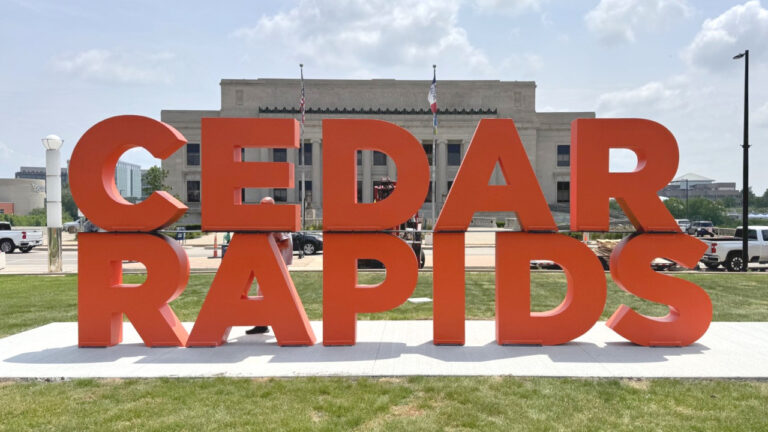By Don Johnson / Guest Editorial
What do I need to bring with me to the initial appointment? This is a question that I often hear from clients after scheduling an appointment to discuss their estate plans. Although the answer depends upon each client’s individual circumstances, there are a few pieces of information that everyone should have in mind when preparing to put together their estate plan. Knowing what your assets are, how the assets are titled and whether the assets have a designated beneficiary will be beneficial to you and your attorney when discussing your estate plan. Below are some general comments about each of these items.
What are my assets?
You may think that it is unusual for a person not to know what his or her assets are. However, as the world of investments gets more and more complex, it is not uncommon for people to lack a complete understanding of what they have.
Prior to meeting with an attorney to discuss your estate plan, you should put together a list of your assets. Pay close attention to your stocks or mutual funds. Are you holding the shares of stock or are they held by a custodian through a brokerage account? If they are in an account, is your account a taxable account, an Individual Retirement Account (“IRA”), a 401(k) plan, or something else?
Also, identify your streams of income. Do you have an annuity, pension plan or other retirement benefits? If you are receiving retirement benefits, such as IPERS or a pension plan, does your retirement benefit have a death benefit associated with it? Do you have other assets with a death benefit, such as a life insurance policy? Having a list of your assets when you meet with an attorney to discuss your estate plan will allow the discussion to be specific to your circumstances and increase the efficiencies in putting together your estate plan.
How are my assets titled?
Once you have identified your assets, you should review how the assets are titled. Is your real estate in your name or owned “jointly” with your spouse? If an asset is owned “jointly,” do you have title as a “tenant in common” or as a “joint tenant with rights of survivorship”? Are you merely a life tenant? Because your beneficiaries can only receive assets that you own, identifying your exact interest in an asset is necessary when putting together your estate plan.
Have I designated a beneficiary?
Finally, you should review your assets to determine whether you have designated a beneficiary for a given asset.
Life insurance and annuity policies, IRAs and 401(k) accounts often have named beneficiaries associated with them. If you have designated a beneficiary, these assets will not pass under your will. Similarly, if you have identified a “payable on death” or “transfer on death” beneficiary on your bank or investment accounts, these accounts will not pass under your will. Also, assets that you own with another person as a “joint tenant with rights of survivorship” will not pass under your will. It is important to know which of your assets will pass under your will to ensure that the beneficiaries named in your will receive what you intend. Failing to coordinate your will and your accounts that have designated beneficiaries may cause unintended consequences.
If your response to the above items is that your financial advisor knows the answers to these questions, great. You should feel free to invite your financial advisor to the initial meeting with your attorney. Having someone at the meeting who knows what your assets are, how they are titled and whether they have a beneficiary associated with them will make your initial meeting with your attorney to discuss your estate plan more meaningful, efficient and hopefully lead to a better estate plan.
Don Johnson is an attorney and vice president at Shuttleworth & Ingersoll, whose practice includes estate planning and administration.







